Guidelines Presented for WYD in Local Churches
During a Press Conference
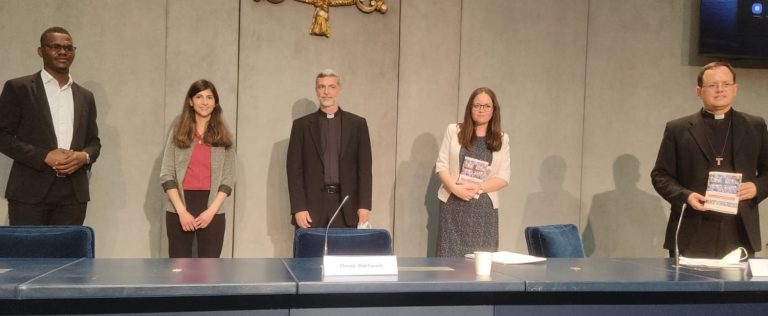
The presentation of the book “Pastoral Guidelines for the Celebration of the World Youth Day (WYD) in Local Churches,” published by the Dicastery for the Laity, the Family, and Life, was held live from the Holy See Press Office at 11:30 am today, Tuesday, May 18, 2021.
Among those intervening at the Conference were Father Alexandre Awi Melo, I. Sch., Secretary of the Dicastery; Father Jõao Chagas, Head of the Dicastery’s Office for Young People; Dr. Dorota Abdelmoula, an official of the Dicastery; Maria Luisa Abu Nassar, 26, of Nazareth, Coordinator of Hospitality at the Saint Lawrence International Youth Center, and Congolese Gelson Fernando Augusto Dinis, 24, seminarian, and student of Dogmatic Theology in Rome.
Father Alexandre Awi Mello I. Sch.
During the first intervention in the press conference, Father Mello pointed out that the “impulse to write these Guidelines arose when Pope Francis decided to move the date of the diocesan WYD and re-launch their celebration in the local Churches.” The change of the date from Palm Sunday to Christ the King, he explained, “keeps the emphasis on the ‘mystery of Jesus Christ, man’s Redeemer.”
He also explained that the Dicastery, reflecting on the way to implement correctly the proposals of the Synod of the Bishops on Young People, the Faith and Vocational Discernment, and “taking advantage of its experience of decades in the coordination of the WYDs, decided to bring together in one document some of the key elements that have made these meetings fruitful over the years, to make it available to the local Churches.”
“We firmly believe that the International WYD and its local celebration feed one another mutually. The international dimension widens young people’s horizons and opens to universal fraternity. Given its geographic and physical proximity, the local WYD can generate more easily a commitment in young people that will change the face of the society in which they live and enhance their sense of belonging.”
Father João Chagas
Father Chagas described the Pastoral Guidelines Document as “simple and agile, as is appropriate to a pastoral instrument. It can be read easily in one hour,” and he explained the content of its six chapters. The first “summarizes what the WYDs have represented over the last 35 years in the life of the Church.”
The second “reflects on the importance of the celebration of the WYD at the local level.
The third “takes up the new date for the holding of the diocesan/eparchial WYD on the Solemnity of Christ the King.
The fourth focuses on “some of the most outstanding aspects, which have emerged after decades of experience in the holding of international WYDs: and it “enumerates several pastoral proposals that reflect the event’s richness.”
The fifth “focuses on youth involvement” and highlights the importance to “make young people today participants in the life and mission of the Church, because, as Pope Francis usually says, young people are the future of the Church.”
The sixth and last “explains the importance of the Holy Father’s annual Message for the WYD.”
Dorota Abdelmoula
The Dicastery’s official focused her reasoning on youth’s involvement. “It’s significant that today, on the anniversary of Saint John Paul II’s birth, who so appreciated young people’s active presence in the Church, that, it is here, in the Holy See Press Office that it is precisely young people that speak of their lived faith in the first person, with their language and their sensibility.”
In this connection, she expressed that Popes’ trust in the WYDs as “a desire that every young person carries inside and that can revive their life.” Therefore, “it would be important, and it is one of the stimuli we promote in these Guidelines, not to be satisfied to have, already, a group of young people involved in the parish or the dioceses, but to look increasingly for more of them, especially those that perhaps feel inadequate, unworthy, are not great believers,” she continued.
“I hope that these Guidelines become an incentive to feed this mutual trust even more,” she said.
Maria Lisa Abu Nassar
The Coordinator of the Saint Lawrence International Youth Center pointed out that “the Church continually makes an effort to open herself, to improve, recognizing the people that most need to be loved and guided by the Church, helping them to discover their identity as children of God.”
“Despite the many conflicts that exist on earth, it always continues to be a place of pilgrimage, where young people and pilgrims come to encounter Jesus, Therefore, it would be important to encourage local young people to go out to discover the Gospel, walking in the footsteps of Jesus in the places where He lived,” she said.
The Holy Land “is a small territory with different religions, in which Christians are a minority,” she continued. And she stressed the importance of opening “the door to dialogue between young people of different religions.” She also expressed her conviction that “all of us young people, despite our differences, start from a common point: we are looking for something, or rather Someone, who can give meaning to our existence.”
Gelson Fernando Augusto Dinis
The seminarian and student of Dogmatic Theology described the Dicastery’s Document as beautiful and profound, which made an impact on him. “In particular, the emphasis it gives the Church as mediator in a youth’s encounter with God, and her ministers as facilitators of this encounter.”
“As precious pearls of the Church, young people find in the diocesan Youth Days an opportunity not only to experience ecclesial communion but also to learn to feel themselves members of the community in which they find themselves. Therefore, on these occasions, the closeness of the parish priest, of the Bishop is essential, so that young people feel welcome and understand that they are essential for the mission of the Church, which herself doesn’t exclude anyone,” he argued.
Finally, he highlighted that WYDs are also vocational, “of true discovery of the Will of God in one’s life.” So he concluded, “in addition to the accompaniment of the Bishops or the priests, the witness of families, especially young spouses is essential for every youth, who, evangelized by their presence, discovers God’s plan in his interior and is not afraid to make a definitive choice for his life.”
Related
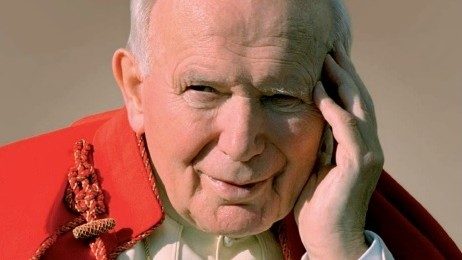
Mass in Commemoration of the 20th Anniversary of the Death of John Paul II
Exaudi Staff
01 April, 2025
1 min
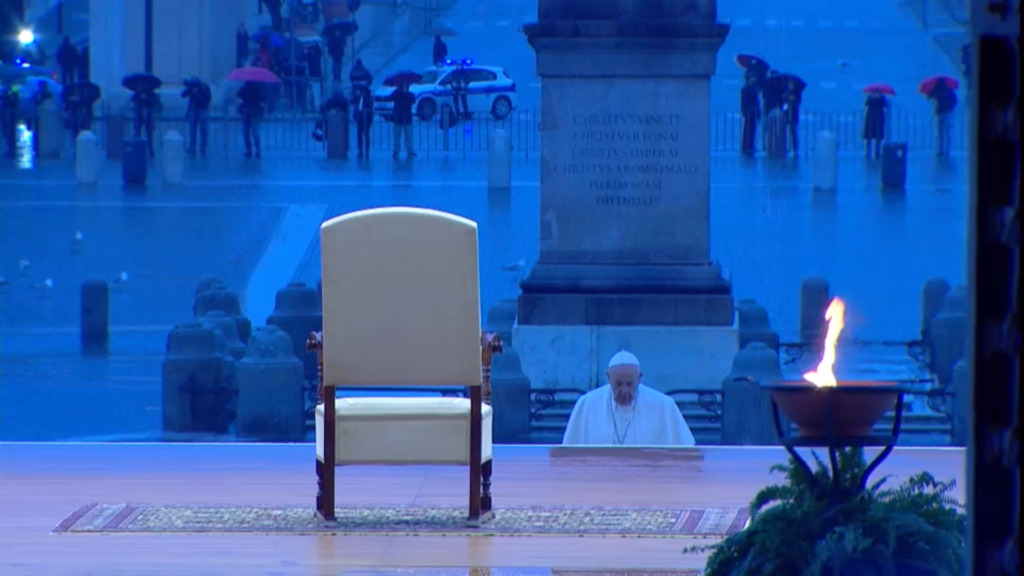
Five Years After Statio Orbis: Hope in the Midst of the Storm
Exaudi Staff
27 March, 2025
2 min
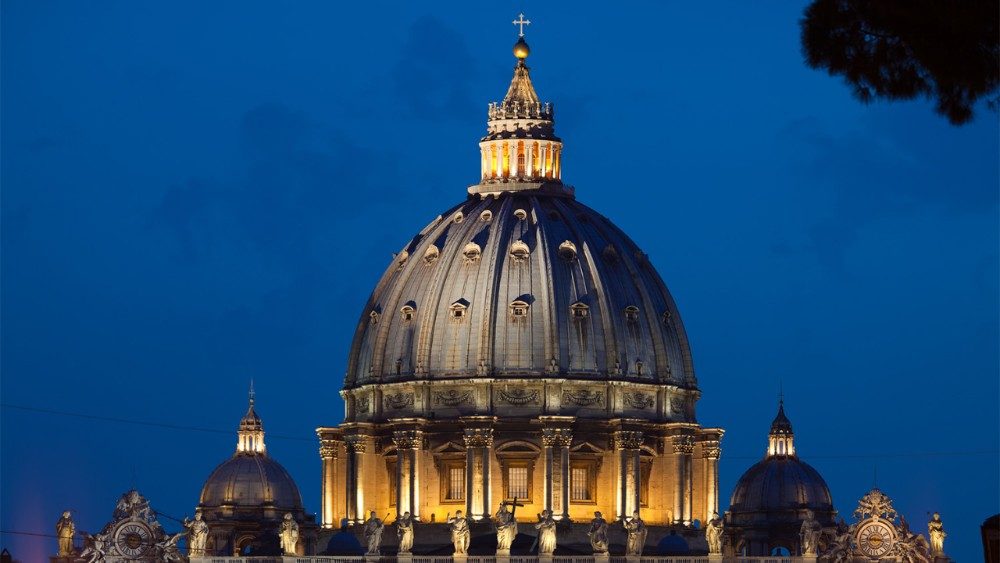
St. Peter’s Dome Will Have New Lighting for Easter
Exaudi Staff
20 March, 2025
1 min
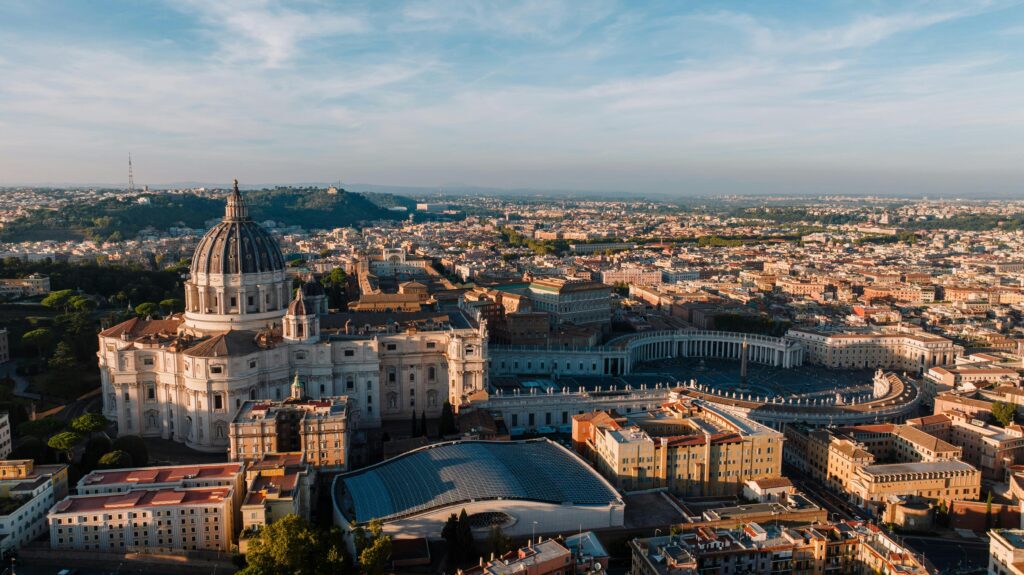
In St. Peter’s Basilica, the ancient rite of the “Statio Lenten” (Lent Station)
Exaudi Staff
17 March, 2025
2 min
 (EN)
(EN)
 (ES)
(ES)
 (IT)
(IT)

